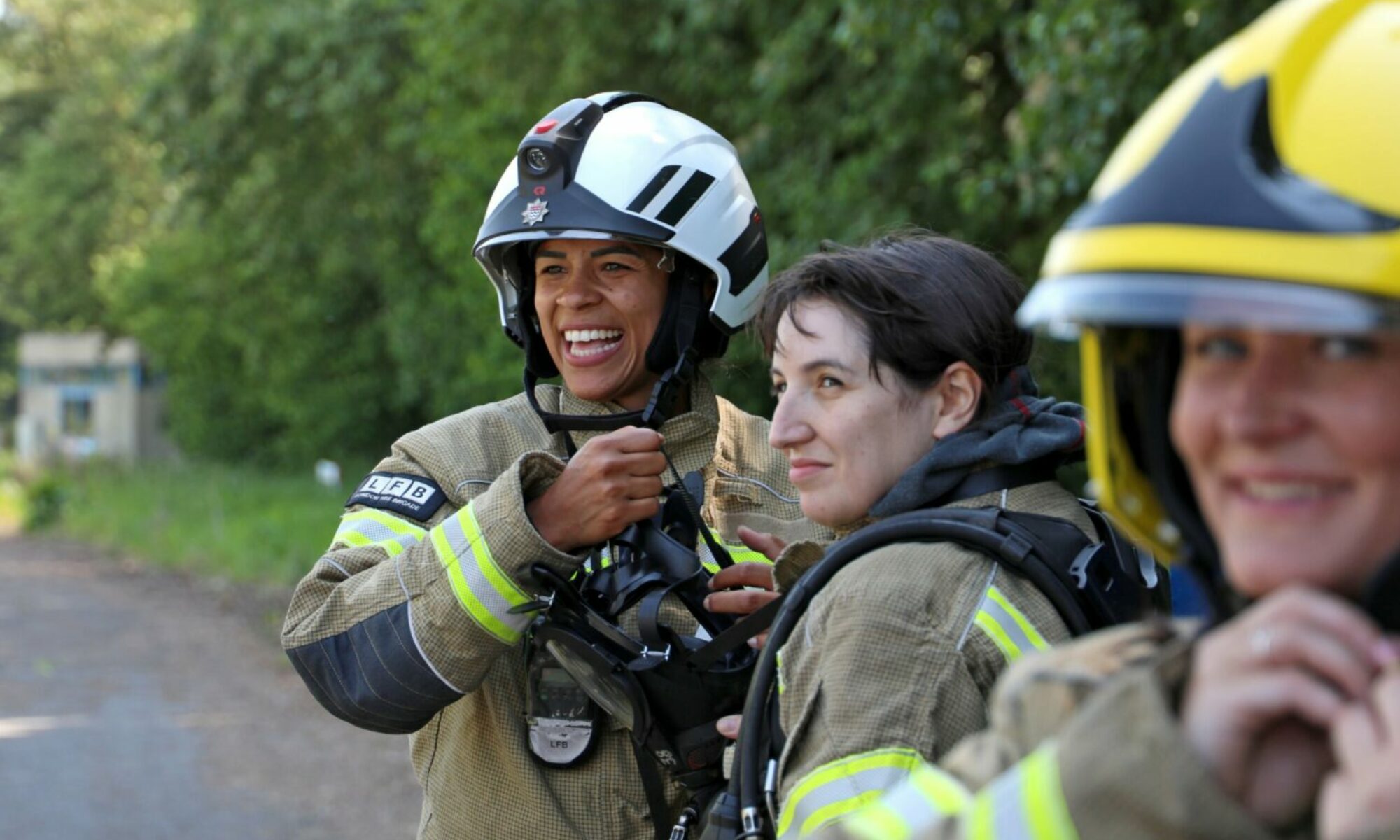There are lots of ways to be a great ally. And innumerable ways to be a bad one. That said, it’s not rocket science, and while this list isn’t complete, it’s definitely somewhere to start.
1. Being an ally is about listening
We need to listen to as many voices of those we’re allying ourselves with as possible. We shouldn’t assume because we have the view of one black person, it’s the absolute truth we should repeat. But listening to marginalised voices can help us understand core issues and why the opinion of your one lesbian friend isn’t necessarily the best defence of your use of heterosexist language.
2. ‘Ally’ is not a status
Allies operate ‘in solidarity with others’ therefore it describes what a person is doing in the moment. It does not give credit for past acts without regard for current behaviour. (Mia McKenzie, 2013)
3. ‘Ally’ is not a self-proclaimed identity
Being an ally is not an identity at all, being in solidarity is something we can strive for, but in the end, it’s the choice of those we are attempting to ally ourselves with as to whether they trust us enough to call us an ally. This trust is something earned through concerted action.
4. Allies don’t take breaks
Sadly the thing about oppression is that it’s constant, so as an ally, you cannot simply retreat into your privilege when the going gets tough.
I understand you might just not have the energy to respond to that homophobic comment from a Facebook friend, or want the discussion about how they ‘didn’t mean it that way’ or be criticised for how you/the world is ‘just too PC or sensitive’. Part of your privilege is you can choose whether or not to resist oppression – the oppressed do not have this option. Falling back into your privilege, when you are most needed is not solidarity.
5. Allies educate themselves constantly
This is not about being an expert – just a willingness to get educated on the history and issues facing those with whom we want to be allied. One of the most important types of education is listening (see #1).
6. You can’t be an ally in isolation
You might be able to stand in solidarity (advocacy) without relationship. But this is surface level only as solidarity in total isolation lacks one vital thing – accountability. Without a diverse community to engage with and without others to hold you accountable, your understanding of can very quickly become unhelpful.
7. Allies don’t need to be in the spotlight
Oh the irony of me writing this one! True solidarity means supporting the work of those you ally yourself to, not solely creating a platform for your own voice and work. So whenever possible, turn that spotlight away from yourself, to the voices that are so often marginalised and ignored.
8. Allies focus on those who share their identity
As a person who benefits every single day from heterosexual privilege, it’s not my place to engage people who identify as LGBT in a discussion about what is or is not homophobic; that’s not solidarity. My responsibility is to have that conversation when talking with other heterosexuals.
9. When called out, allies listen, apologise, are accountable, and act differently
Be prepared that you are going to screw up – a lot! You have a responsibility to learn from the mistakes you’ve made so that you do better going forward.
- Listening is important – but it’s not enough.
- Apologising earnestly is important – but it’s not enough.
- Working hard to make sure you are accountable to those you’ve wronged is important – but it’s not enough.
- You have a responsibility to do all the above and to learn from the mistakes you’ve made so that you – do better going forward.
10. Allies never monopolise emotional energy
One common mistake is to expect emotional energy from those to whom we ally ourselves. People who experience racism, misogyny, ableism, queerphobia, transphobia, classism, etc. are exhausted. Don’t expect marginalised people to do the emotional work for you or feel sorry for you or forgive you.
Thanks for reading,
Nicky
